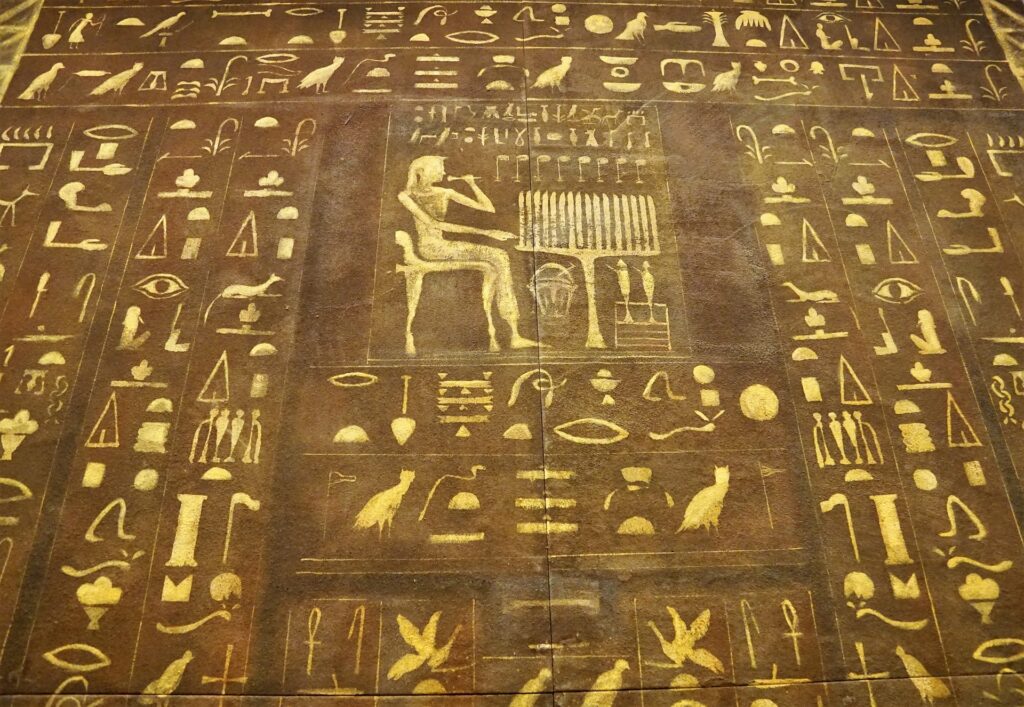The African continent is full of natural resources, including some of the most precious metals in the world. These minerals have long been a source of wealth and power for many countries, with Africa being one of the largest producers globally. But what has changed over time to make development of these minerals increasingly important? Let’s take a closer look at how the development of precious metals in Africa has evolved.
Mining is an essential part of developing any mineral or metal, especially when it comes to gold and diamonds as they are used extensively in jewelry and other industries. In fact, there are numerous mines across the continent that specialize in extracting these materials from the earth’s surface. This industry creates jobs and brings much-needed revenue into local economies. It also helps stimulate economic growth by providing valuable technology to those working on projects related to mining operations.
In recent years, technological advances have made it easier for companies to extract more ore from existing deposits, which means more money can be made from each mine site. Moreover, governments have implemented policies that encourage exploration and production activities while ensuring safety standards are met. As such, development of precious metals in Africa has become even more accessible than ever before – resulting in increased investment opportunities throughout the region.
Historical Context
Africa has been home to many precious metals and minerals since ancient times. Gold, in particular, was mined by ancient civilizations as far back as 4500 BC, with Ancient Egypt being one of the first major gold producers on the continent. Copper and iron were also mined during this period, primarily for use in construction projects like pyramids and monuments. In addition, diamonds were discovered in South Africa around 1866 – a discovery that changed the global diamond trade forever.

Precious metals have long held an important place in African culture and societies throughout history. They’re often seen as symbols of wealth, power and status – particularly among royalty such as kings and queens. Even today, jewelry made from these metals is still worn as an accessory to reflect wealth or social standing. As such, it’s no surprise that mining companies continue to pursue them despite their high cost of extraction. Mining operations can be found all over the continent from Botswana to Ethiopia; providing jobs for locals while helping drive economic growth across entire nations.
Mining And Processing Of Precious Metals
Moving on from the historical context of precious metals in Africa, it’s time to look at how they are mined and processed. Mining is a major source of employment for many African nations, with most operations being open-pit or underground mines. Gold is typically found in quartz veins, while other valuable minerals such as diamond and platinum can be found in kimberlite pipes. The extraction process varies depending on the type of mineral being extracted, but generally involves crushing ore into smaller pieces before grinding them into powder form and then separating out the desired elements with chemical processes.
After mining, the next step is processing these precious metals into usable products. This usually requires smelting or refining the raw materials to separate pure metal from impurities like sulfur and other compounds. Smelting often uses extreme heat to melt down ores until only solid metallic material remains which can then be further purified through various techniques such as electrolysis or distillation. Refining may involve adding an alloying agent to make a more durable product or simply removing any unwanted byproducts left over from earlier stages of production. As you can see, there’s a lot involved when it comes to turning natural resources into valuable commodities!
Economic Significance
Precious metals are highly valuable resources in Africa. Gold, diamond and other minerals have played a huge role in the economic development of many African countries over the years. These metals provide jobs for local people as well as foreign investors. They also help generate income which can be used to fund government programs like healthcare and education.
The production of precious metals has been an important source of revenue for African governments too. Taxes collected on export sales help pay for public services such as infrastructure projects, health care and educational facilities. In some cases, royalties are paid directly to local communities who own or control mineral rights in their territories – helping them benefit financially from natural resource extraction activities taking place there. All this contributes significantly to the overall economy of African nations – allowing them to improve living standards and create better futures for their citizens alike!
